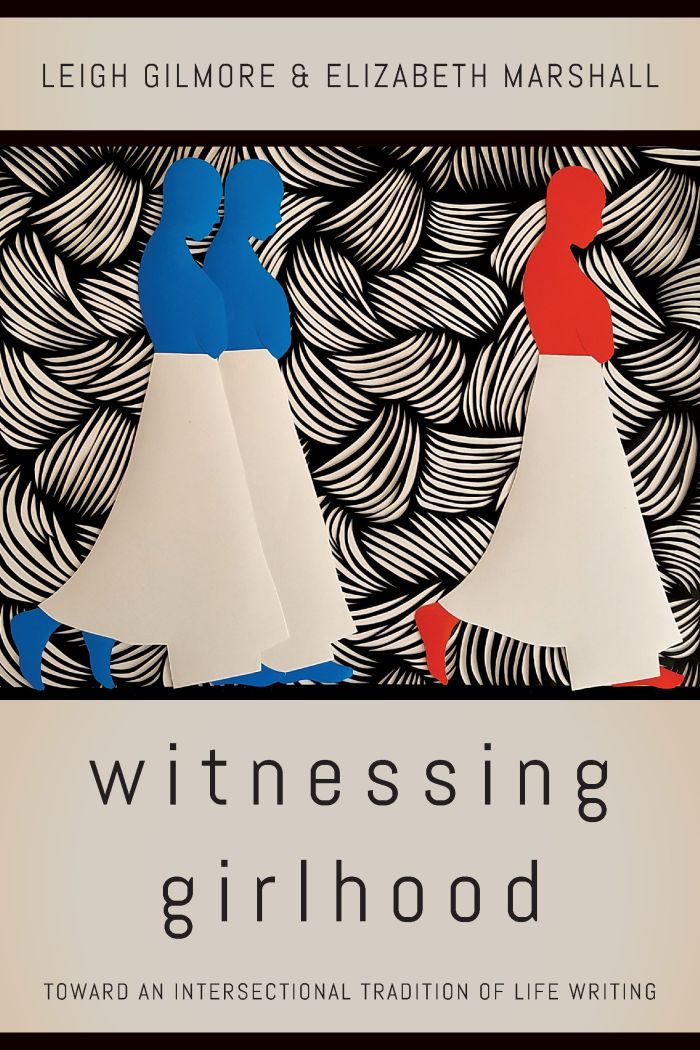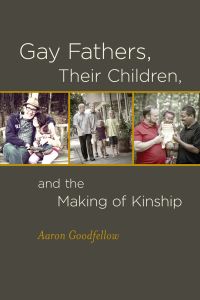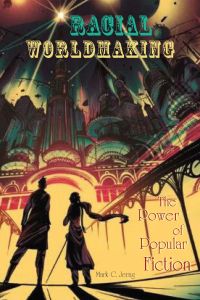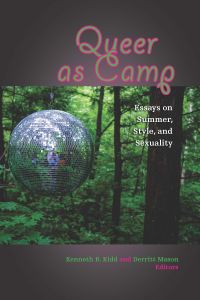Witnessing Girlhood
Toward an Intersectional Tradition of Life Writing

This book can be opened with

Witnessing Girlhood is a tour de force: demanding and authoritative. Gilmore and Marshall articulate a powerful analysis of representations of girls and women on the fraught subjects of domestic violence, rape culture, survivor and victim identity, and persistent concerns about intrinsic female vulnerability. Here is a necessary and eloquent feminist affirmation on issues of gender and violence.—Gillian Whitlock, author of Soft Weapons and Postcolonial Life Narratives: Testimonial Transactions
Witnessing Girlhood brilliantly analyzes the role of childhood to trauma narrative and reader empathy. Working against the cliché of the sentimentalized child, Gilmore and Marshall demonstrate with clarity and determination that the ‘white savior’ trope in life writing about trauma is not the ascendant mode. This book’s depth and quality emerge from the authors' profound, long-standing investment in trauma studies and childhood.—Katharine Capshaw, University of Connecticut
Through their analyses of multiple texts, the authors challenge the fusion of whiteness with childhood innocence and underscore how these narratives portray the vulnerable child’s accompaniment by her adult-survivor self in order to offset white-savior fantasies of empathy and use the affective power of child witnesses to promote political action... Highly recommended.—Choice
Scholars will find a significant antiracist, decolonial, feminist, immigrant, and labor rights resource in Witnessing Girlhood.—American Literary History
Leigh Gilmore is Distinguished Visiting Professor of Women’s and Gender Studies at Wellesley College. She is the author of several books, including most recently Tainted Witness: Why We Doubt What Women Say About Their Lives.
Elizabeth Marshall (Author)
Elizabeth Marshall is Associate Professor of Education at Simon Fraser University. She is the author of Graphic Girlhoods: Visualizing Education and Violence.
Introduction: Witnessing Girlhood | 1
1. Girls in Crisis: Feminist Resistance in Life Writing by Women of Color | 13
2. Gender Pessimism and Survivor Storytelling in the Memoir Boom:
Girl, Interrupted, Autobiography of a Face, and Nanette | 38
3. Visualizing Sexual Violence and Feminist Child Witness:
A Child’s Life and Other Stories and Becoming Unbecoming | 63
4. Teaching Dissent through Picture Books:
Girlhood Activism and Graphic Life Writing for the Child | 86
Epilogue. Twenty-First-Century Formations: Child Witness, Trans Life Writing, and Futurity | 101
Acknowledgments | 113
Notes | 115
Index | 141




